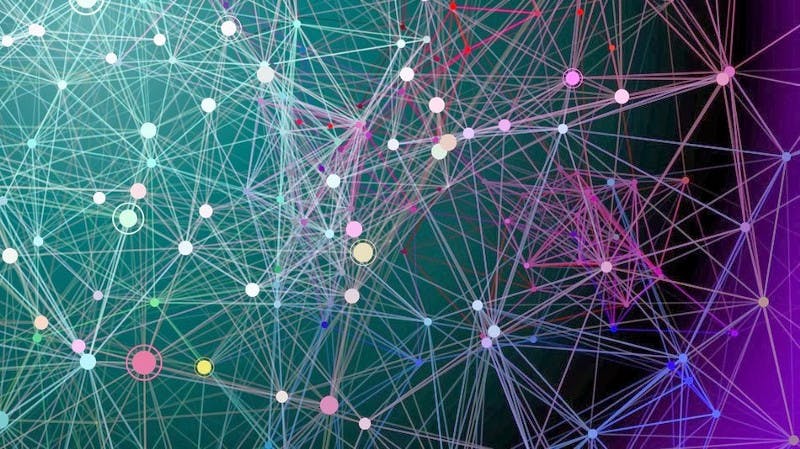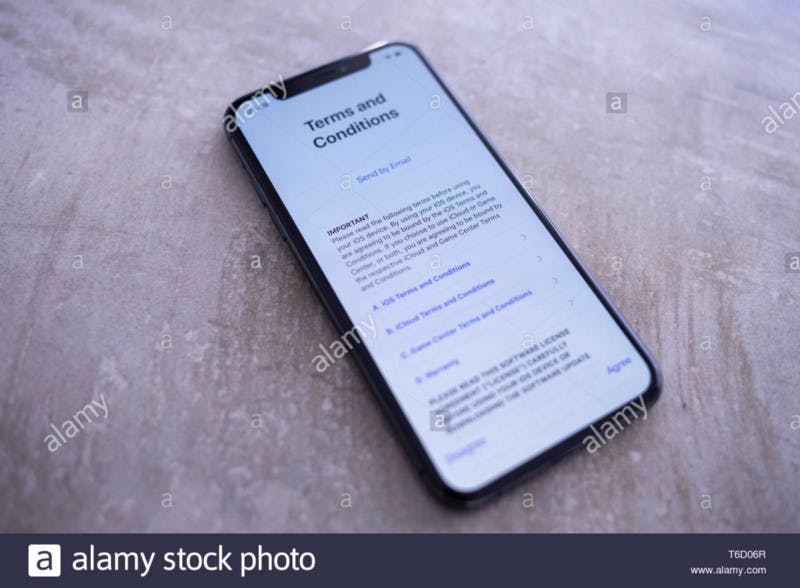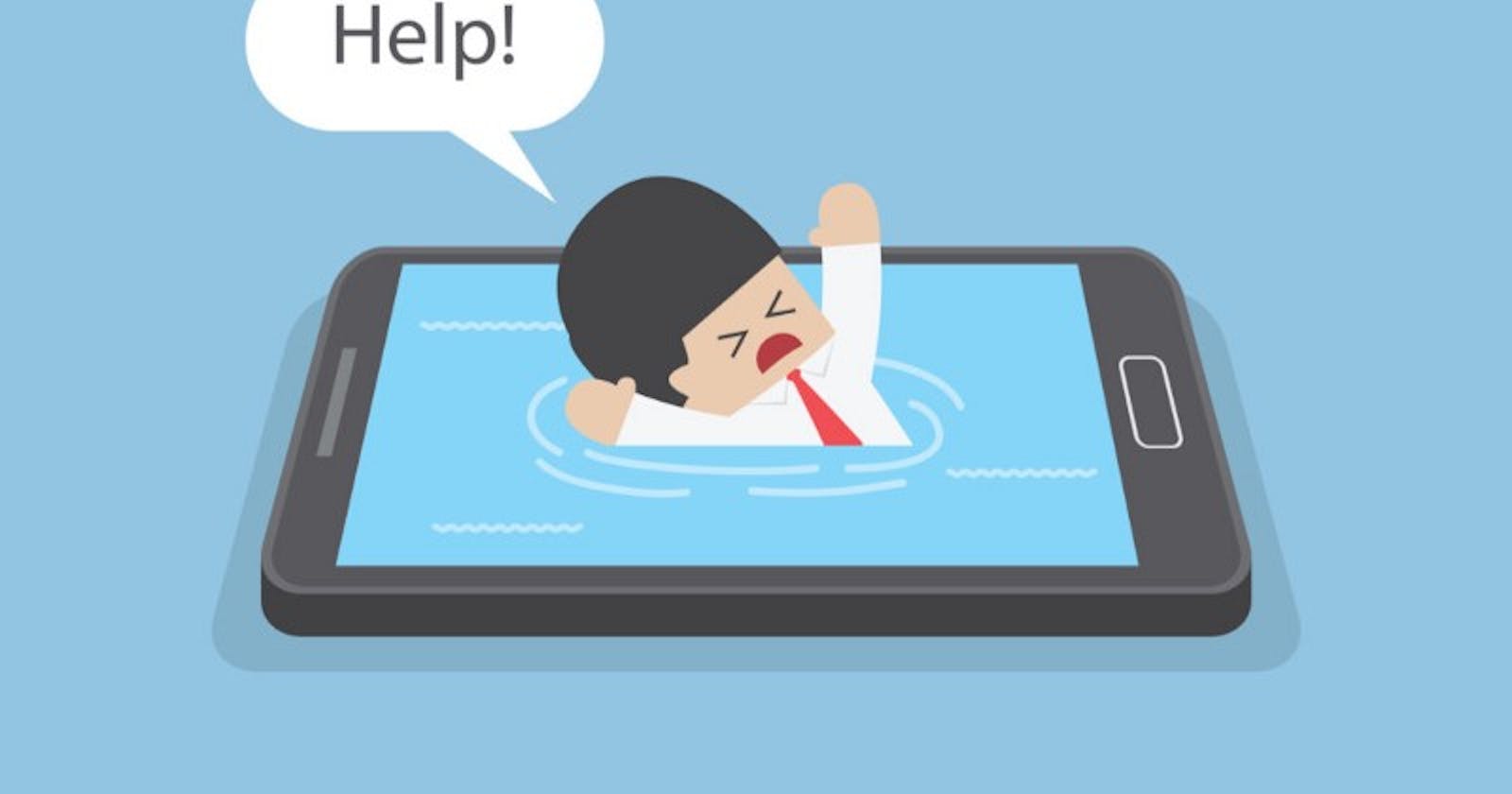Feel you are addicted to your phone? It might not be your fault. Here's why…
Have you ever spent so much time on your phone doing nothing but checking feeds and messages?
You just happened to snap out of that temporary hypnotism and end up getting angry at yourself for being unproductive when you were supposed to be doing something else.
Or you've had someone (most likely your parents) at a point in your life, yell at you for not being able to do without your phone….Well I have, so we are in the same shoes.
The thing is, there is always one dominant factor behind almost every aspect of our lives; from paying bills, health, insurance or whatsoever which is an Algorithm.
An algorithm is basically a process or set of rules to be followed in calculations or other problem-solving operations, especially by a computer. It's really nothing to make a fuss about.

Inasmuch these algorithms coupled with technological systems help us in our everyday lives and make things easier, governments and private companies find a way of utilizing this to their advantage and a means of exploiting people. Believe it or not, the masses get the worst deals in terms of how the government and companies use data.
I felt the urge to write this article after seeing this particular documentary, "All Hail the Algorithm" on AlJazeera and saw the various ways at which we are actually manipulated to use most technologies almost unconsciously.
The huge concern here, is that algorithms are being made to make decisions about people, and there are risks behind every statistical model that make predictions about how we behave, or those that match people to resources.
Big Tech. companies like Google, Facebook, Huawei e.t.c. all come with various products every now and then with the notion or aim as they say, "to connect the unconnected". This mostly happens in Africa where most of its countries are developing. Due to the fact that these countries want to be connected and advanced, they embrace these opportunities almost as fast as they can. What they do not consider however, is the risk or cost that comes with all these.
These big companies have various software planted behind these amazing products to collect data of various people ranging from customer's names to numbers, preferences, emails and use these things to their advantage.
Let's consider this - how many times have you, when signing up for using an app or software, read the terms, conditions, licenses and agreements? Almost never I presume. I am also guilty of that.

Now one might say anything that happens after clicking or accepting those terms is entirely up to you; but the truth is that these things are deliberately made to be so lengthy that we are already exhausted even before reading them. It's human psychology..Haha- they know how we work. Let's be honest, they make us think we do have control of the data we allow them to have, but do we really?
We agree to different terms and conditions as many as 10–100 times per day just to access the contents and information of products. It's kind of a price we have to pay; then ignorantly, we click that button or check that box that says "I agree" and with that goes our individual right to personal information.
There are a lot of examples in this documentary where in the quest to connect the unconnected as mentioned earlier, companies come up with a lot of products to help achieve this.
For instance, Huawei going to Africa making most of their phones amongst other technologies very cheap so they could be afforded by almost everybody, hence, more customers and more data. They help install CCTvs all around and are being accused of planting bugs serving as national spy. Now I don't know how true this is, but sounds very feasible, doesn't it?
Another example is Facebook bringing "Express wi-fi" to the country of Kenya with the goal of cheaper subscriptions to the internet.But they were forced to admit that they had software planted in these routers to enable them collect user data directly to their company. Or even the free basics service that allows you access some sites without having data on your phone. You would have noticed that at least you can still see feeds on Facebook without having an active data subscription, pictures excluded.

Now don't get me wrong, there is nothing wrong with these companies coming up with products to sell to us and make things easy. At least that is why they are called companies. It's a commercial business (to make money while helping people).
The danger here is the relative shortage of regulation agencies to keep these companies in check. This is a problem experienced greatly in Africa. Research shows that the laws and law agencies fighting data exploitation/colonization in Africa are from moderate to none whereas most in Europe are heavy and robust.
Here in Africa, we have leaders or people who are scared of asking critical questions as they may be tagged as enemies of progress.
"I have come to realize that our lives, family members, locations, preferences, dislikes and all that, isn't really data until there are algorithms that can convert every single human being to a collection of bits that money can be made off of." - Ali Rae
Back to this phone issue, there are people whose sole purpose is making you spend the much time you do on your device apps. These people are called "behavior specialists" or "human interaction designers". They make strong use of psychology and come up with algorithms together with the data gathered from you to create the sort of hypnotism you battle with.
All the data gotten from you ranging from bio-metrics, online presence and your very own digital footprint, make it possible for them to create your entire persona in bits just as Ali Rae pointed.
This way, they know the kind of feeds and news you consume, the videos you watch, and then keep pushing them to you. Even if you aren't tech. inclined, you at least know that the way companies or individuals generate revenue online is through engagement and what better way to do that than keeping you glued to your phone.
This is where the concept of infinite scroll comes in, where you and I just have to scroll or swipe through feeds without clicking. This was coined from the Skinner Box experiment by American scientist B.F Skinner. You can read about that to understand what it is really about.
If you look at all these closely, each one of us has a skinner box in our pockets and to me, the concept of human centered technology is the biggest experiment ever achieved. We have companies like YouTube saying they want to reach about a billion views per day from users. I am quite sure they have passed that figure by a lot and even Netflix saying it's biggest competitor is sleep (they didn't even consider other companies or our productivity, they literally said sleep). This is to show you how much they want us glued to their services.
All these being said, what exactly can be done to reduce data exploitation being used against us by companies and third parties. Truth is, there isn't really much us as individuals can do. Governments need to have open talks with these companies and figure out a way of sharing these risks or reducing them because as it seems, we are the ones experiencing everything; they just benefit by generating their revenues.
Another solution proffered by Asa Raskin, the inventor of infinite scroll technology, now an activist for humane technology who funny enough kind of regrets coming up with the former technology in the first place - says we should actually move from human centered design to more of human protective design where human beings actually get to decide what data is taken from them and this data protected based on the rights of the individual.
Lastly, all I can say as an individual, is to be mindful of what websites we accept privacy terms or cookies from. And since there isn't much we can do, you just have to try and be productive with your time. That way, you tend to spend an unnecessary amount of time on your phone except of course that's where you make your money from.
Hopefully things change for the better.
